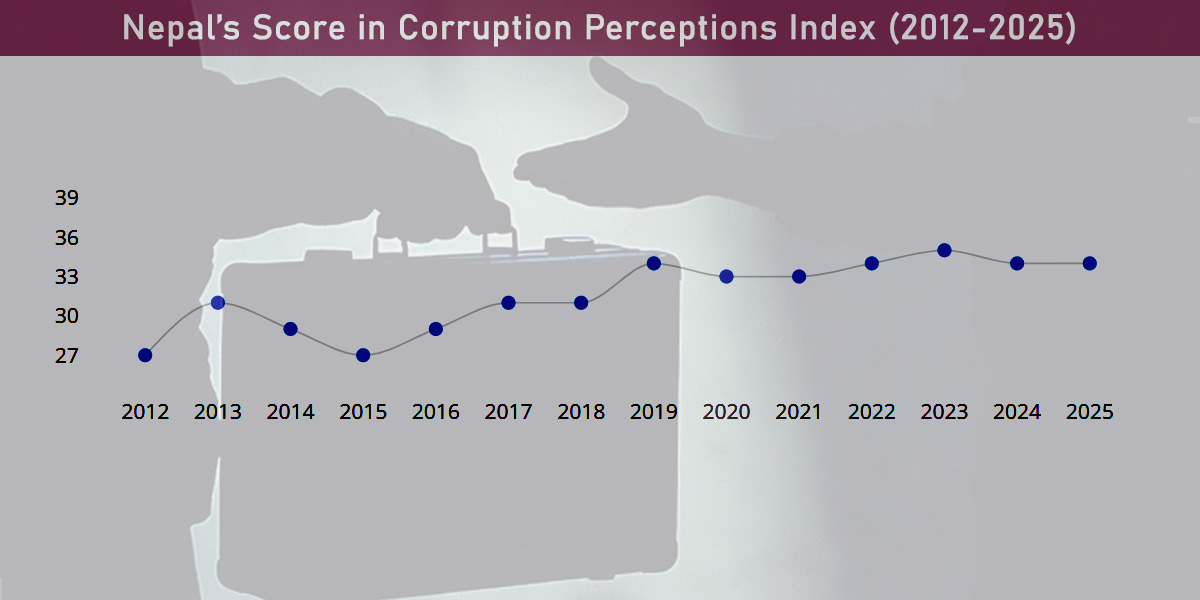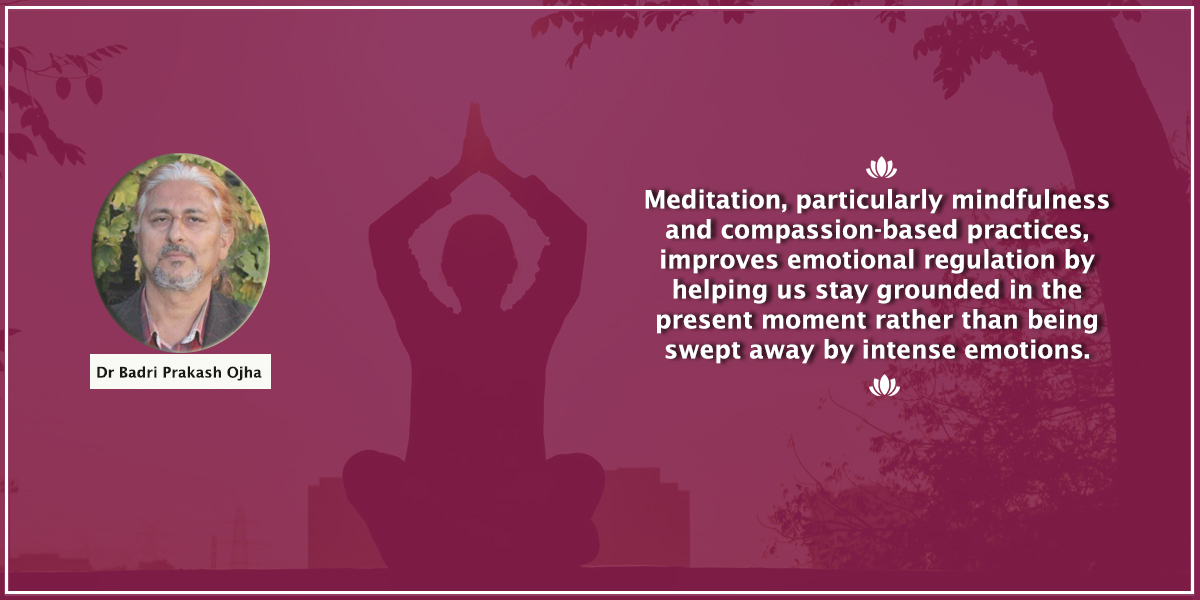
Self-confidence is the belief in one’s abilities, qualities, and judgement. It affects not only our decision-making but also our relationships, careers, and overall mental well-being. A lack of confidence can lead to self-doubt, hesitation, and anxiety, whereas healthy self-confidence enables us to navigate life’s challenges with assurance and poise.
Self-confidence is a crucial factor in determining how we approach life’s challenges, how we relate to others, and how we perceive ourselves. While confidence can be influenced by external factors, an increasing body of research suggests that meditation plays a powerful role in cultivating inner self-assurance. By promoting mindfulness, reducing stress, and enhancing emotional regulation, meditation fosters a deep sense of confidence that comes from within.
Meditation, an ancient practice known for its calming effects on the mind, is now widely regarded as a powerful tool for building self-confidence by transforming the way we think and feel about ourselves.
How Meditation Builds Self-Confidence
1. Quieting the Inner Critic
One of the main barriers to self-confidence is the presence of an inner critic—a voice in our heads that constantly points out our perceived flaws and shortcomings. Mindfulness meditation helps reduce the power of this inner critic by allowing us to observe our thoughts non-judgmentally. Instead of engaging with negative self-talk, mindfulness encourages us to simply notice these thoughts and let them pass.
As meditation expert and author Dr Jon Kabat-Zinn explains: “Meditation is about learning how to get out of our own way, learning how to let go of our own habitual thoughts that undermine our confidence and well-being.”
By regularly practicing mindfulness, we gain the ability to detach from negative self-perceptions, thereby fostering a more compassionate and positive self-view. This shift allows us to build the self-confidence needed to tackle challenges without being weighed down by self-doubt.
2. Reducing Stress and Anxiety
Stress and anxiety can severely undermine self-confidence by making us feel overwhelmed or incapable. Meditation, particularly mindfulness-based stress reduction (MBSR), has been shown to lower levels of stress and anxiety, creating a calmer, more focused mental state that supports confidence.
In a comprehensive meta-analysis led by Dr Peter Sedlmeier from the Department of Psychology at Chemnitz University of Technology, Germany, researchers found that meditation consistently reduces stress and anxiety, both of which are directly linked to improved self-confidence. As stress levels decrease, individuals can approach difficult situations with clarity and confidence rather than fear or hesitation.
This relationship between reduced anxiety and confidence is also emphasized by Mark Williams, co-founder of Mindfulness-Based Cognitive Therapy (MBCT), who notes:
“By developing mindfulness, we give ourselves the space and awareness to manage fear and anxiety more effectively. As a result, we approach situations with more confidence and less apprehension.”
3. Enhancing Emotional Regulation
Self-confidence also depends on how well we manage our emotions in the face of adversity. Meditation, particularly mindfulness and compassion-based practices, improves emotional regulation by helping us stay grounded in the present moment rather than being swept away by intense emotions.
A 2011 study led by Dr Shian-Ling Keng, a Professor at Duke University, found that participants who practiced mindfulness meditation reported greater emotional clarity and stability, which allowed them to respond to challenges with more confidence. This enhanced emotional resilience creates a solid foundation for building self-assurance.
“Through meditation, we develop the strength to face our emotions without being overpowered by them. This inner strength translates into the self-confidence to face life’s challenges with courage,” says mindfulness teacher Sharon Salzberg.
4. Improving Self-Awareness
Meditation fosters self-awareness, allowing us to gain a deeper understanding of our strengths and weaknesses. With this clarity, we can make more informed decisions and approach tasks with greater confidence in our abilities. Rather than being unsure of ourselves, we develop a realistic sense of what we are capable of, which builds a stable foundation for self-confidence.
A study by Dr Pepping, an Associate Professor in Clinical Psychology at Griffith University, Australia, and his colleagues in 2013 found that mindfulness meditation leads to improvements in self-esteem over time. By reducing negative self-evaluations and increasing self-compassion, participants in the study reported a greater appreciation of their own worth, leading to increased confidence.
5. Promoting Self-Compassion
Self-compassion is a key aspect of self-confidence. It involves treating oneself with kindness and understanding, especially in moments of failure or difficulty. Practices like loving-kindness meditation (LKM) specifically target the cultivation of self-compassion, which has been shown to reduce harsh self-criticism and boost self-esteem.
A study by Dr Ben Shahar, Dr Guy Doron, and Dr Ohad Szepsenwol from the Interdisciplinary Center in Herzliya, Israel, found that participants who engaged in loving-kindness meditation experienced significant improvements in self-compassion and self-esteem. By developing a more compassionate relationship with themselves, they also reported higher levels of self-confidence.
Meditation teacher and author Tara Brach says, “When we practice loving-kindness meditation, we’re training ourselves to care for ourselves as we would a dear friend. This kindness dissolves self-criticism and opens the door to self-confidence.”
Meditation offers a transformative approach to building self-confidence by promoting self-awareness, emotional balance, and self-compassion. As research shows, regular meditation practice reduces stress, quiets the inner critic, and helps us approach life’s challenges with a sense of calm and assurance. By developing a more positive and realistic relationship with ourselves, we cultivate an inner strength that naturally fosters self-confidence.
A 10-Minute Meditation to Build Self-Confidence
- Welcome and settle into a comfortable position, whether sitting or lying down. Allow yourself to relax.
- Take a deep breath in… and slowly exhale. Let go of any tension in your body as you relax into this moment.
- Bring your attention to your breath. Simply observe the natural rhythm of your breathing. With each breath, feel a sense of calm growing within you.
- Place your hand gently on your heart and silently repeat: “I am worthy. I am capable. I am enough.” Let these words resonate with you.
- Visualize yourself in a situation where you feel confident and strong—whether at work, with friends, or trying something new. Picture yourself standing tall and assured.
- Gradually bring your focus back to your breath. Inhale deeply… and exhale slowly. Feel gratitude for this moment of self-care and reflection. Remember, confidence is something we nurture. Each time you meditate, you build that foundation a little stronger.
- When you are ready, gently open your eyes and carry this sense of confidence with you throughout your day.
(Ojha is a meditation teacher with a PhD in communication. He can be reached at: [email protected])


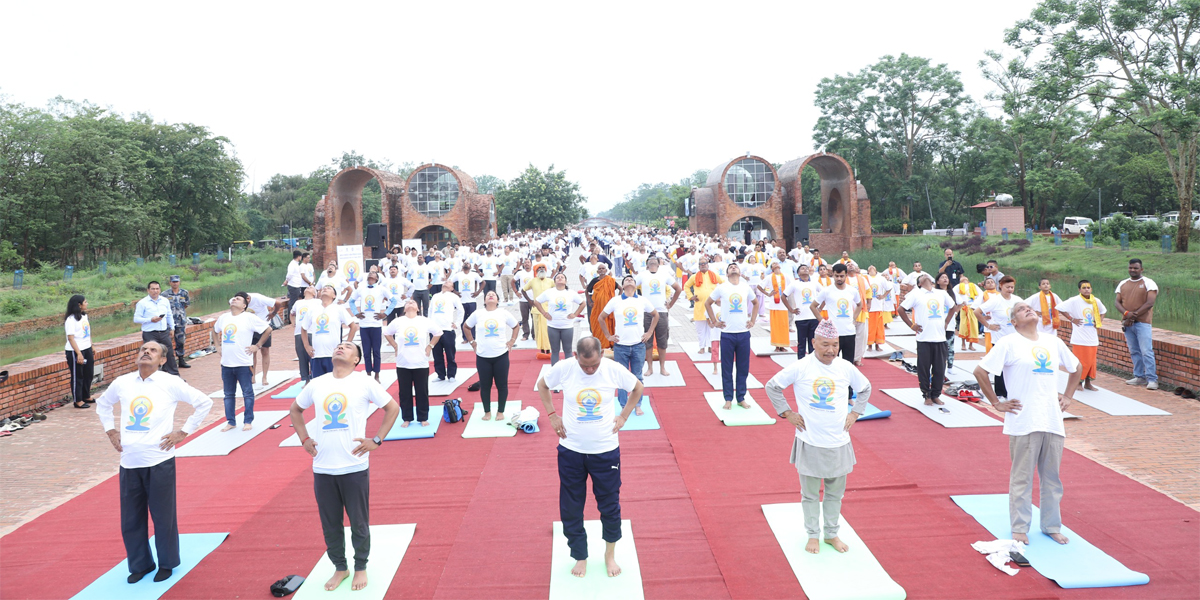
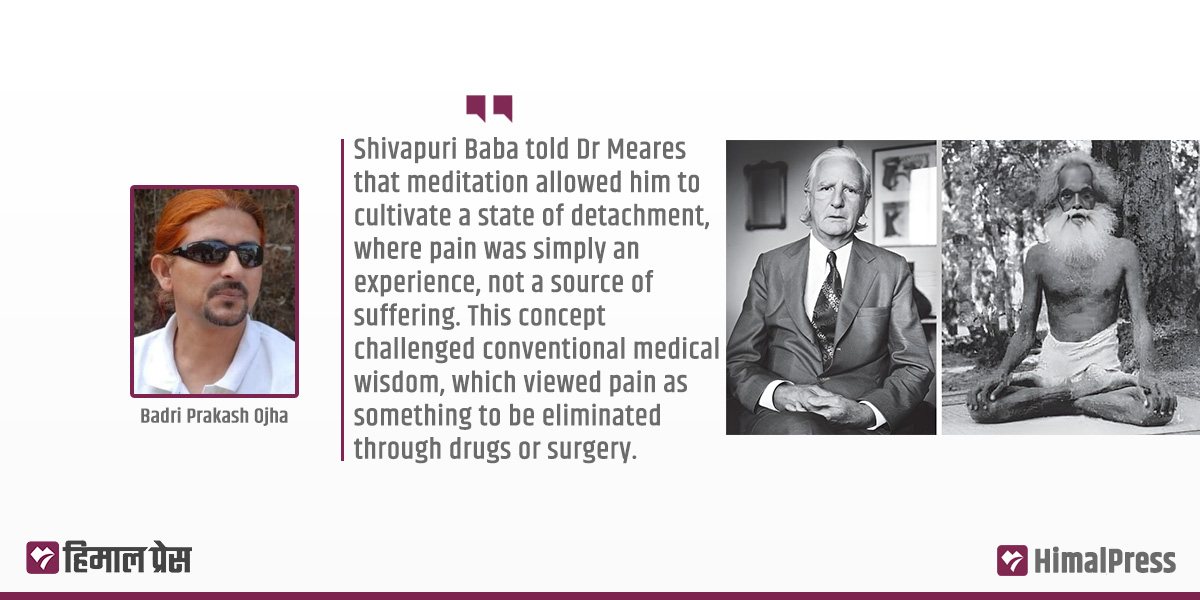

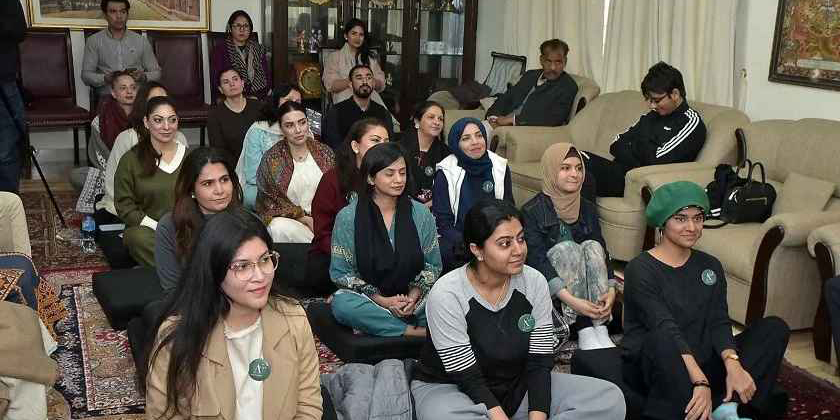


![Maha Shivaratri being celebrated across the country [With Pictures]](https://en.himalpress.com/wp-content/uploads/2026/02/HRB_KTMImage2026-02-15at7.37.40AM1.jpg)






